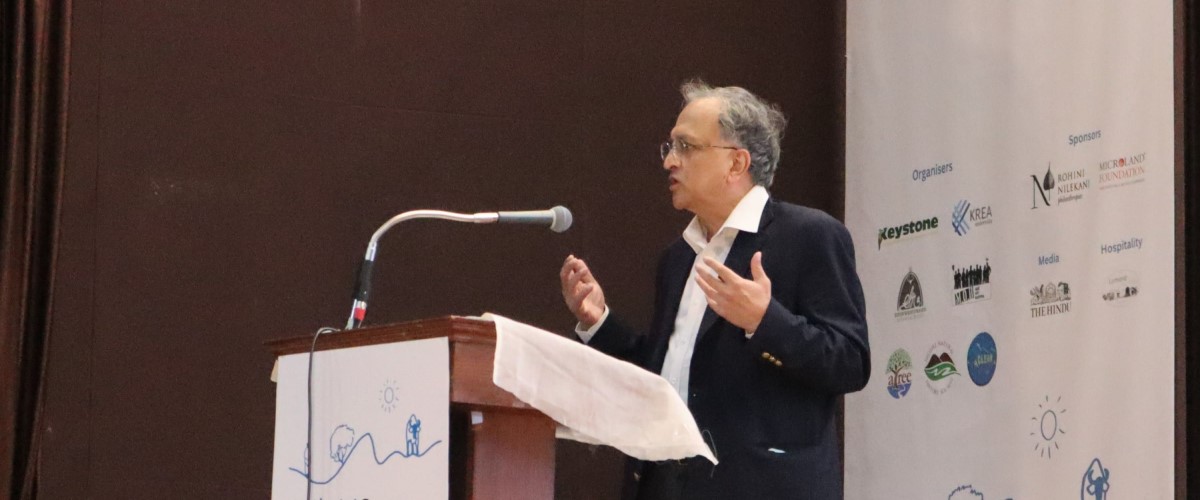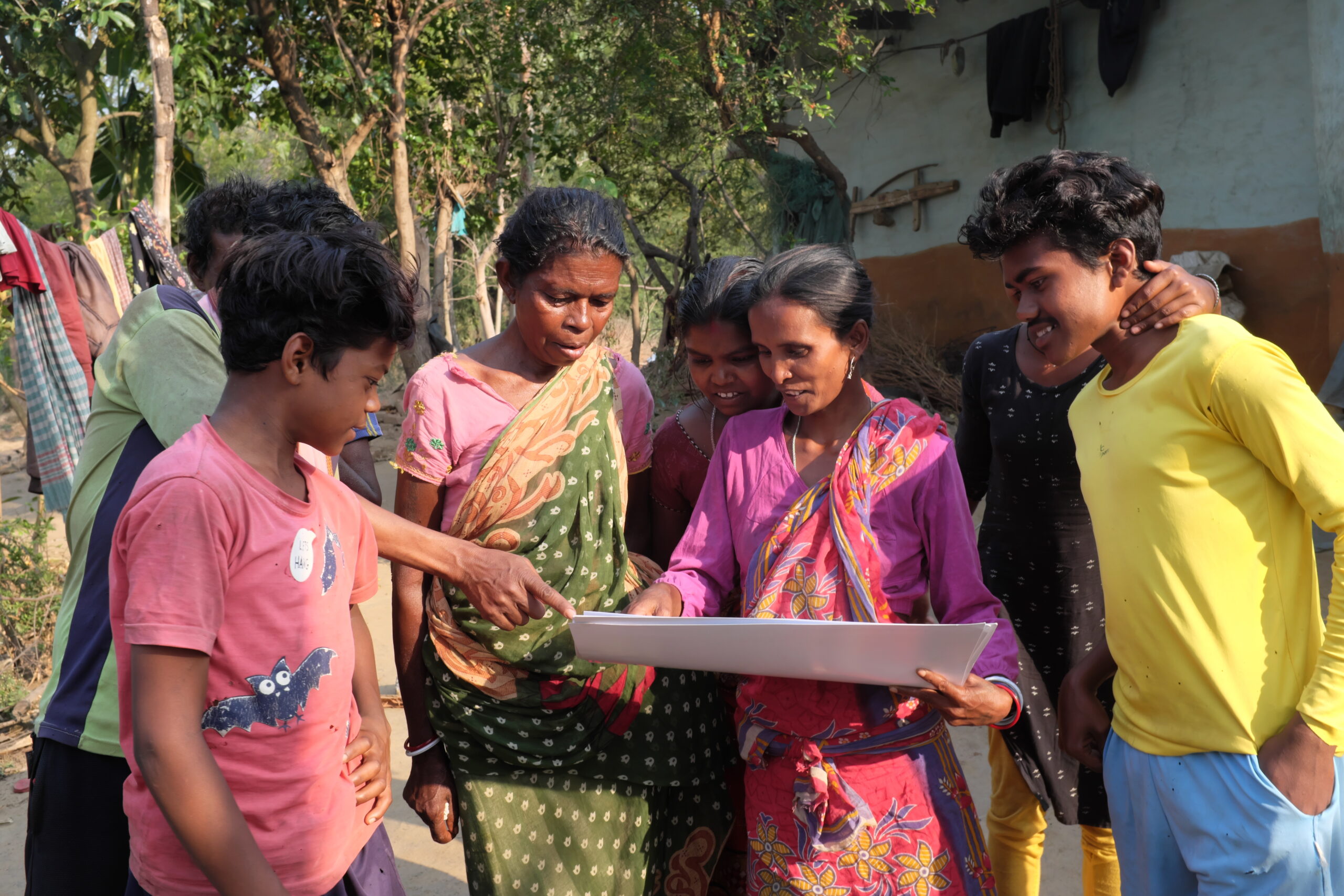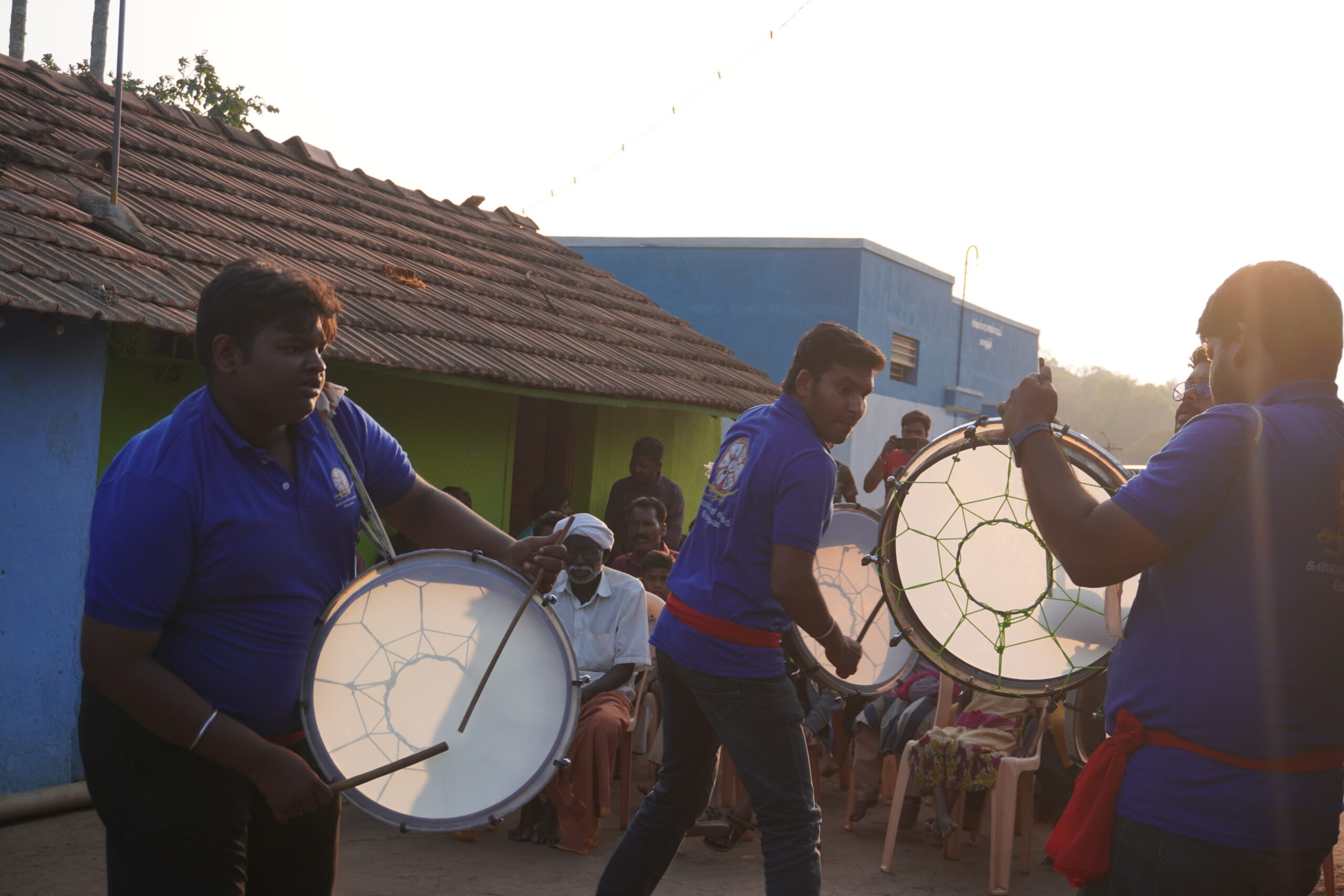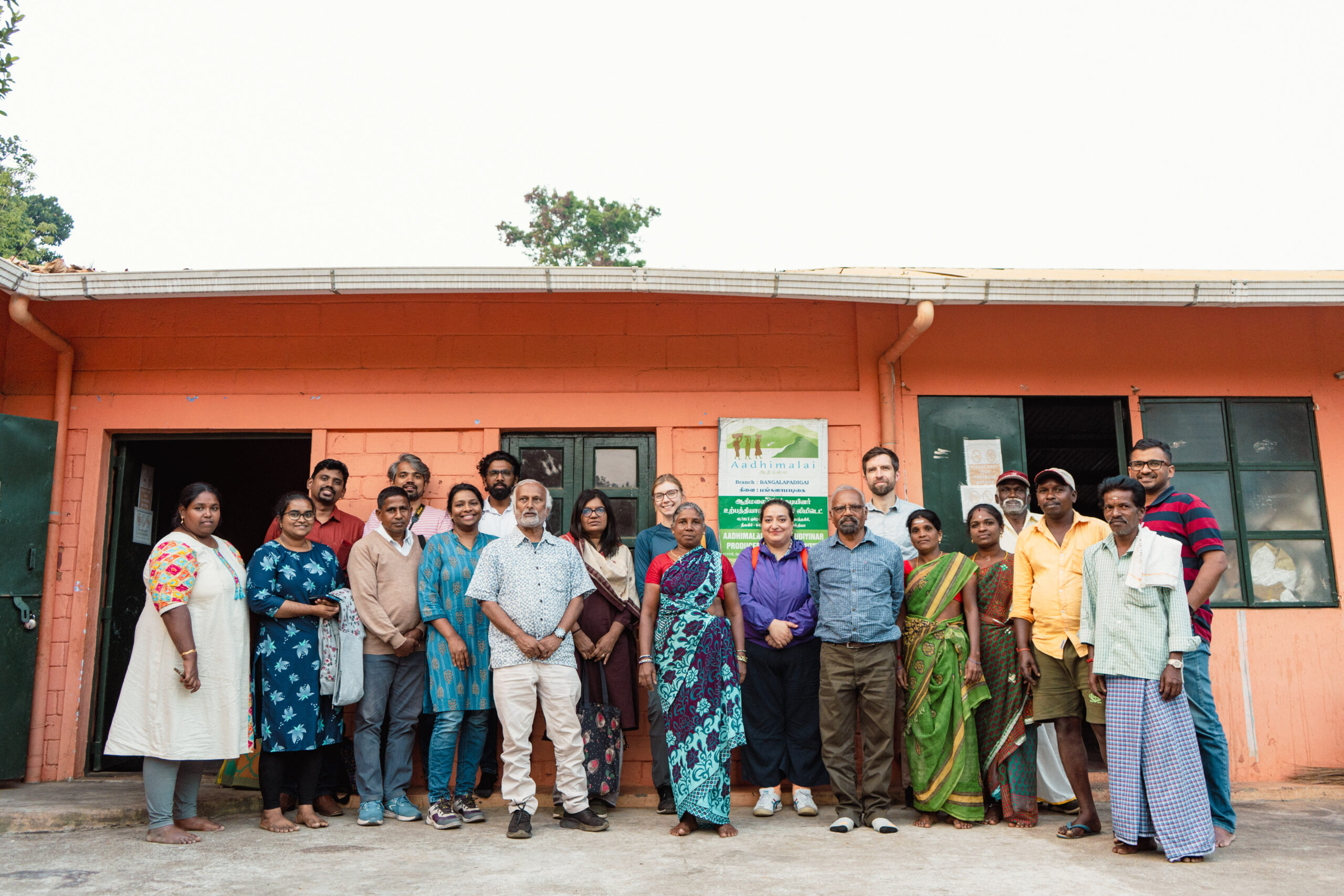August 20, 2023
By Divya Kilikar
Communications Coordinator
The NilgiriScapes Conference 2023, the first of a series that will address various themes within the history, ecology, economy and culture of the Blue Mountains was held from August 18-20 in Ooty. The three-day conference was organised collaboratively by Keystone Foundation, Nilgiri Natural History Society and KREA University, along with Clean Coonoor, Make Ooty Beautiful, ATREE (Bengaluru) and Edhkwehlynawd Botanical Refuge. It was sponsored by Microland Foundation and Rohini Nilekani Philanthropies, with The Hindu being our media partner and Lymond House (Ooty) our hospitality partner.
Day 1 began with a session by Dr. Paul Hockings, who has studied the Nilgiris for decades, and wrote Encyclopaedia of the Nilgiri Hills, among several other works. He spoke on ecological setbacks within the hills in the 19th century, especially on the looming threats of famine and deforestation, and possible solutions that were considered at the time. Dr. Tarun Chhabra spoke next. Founder of the Toda Nalavaazhu Sangam and Edhkwehlynawd Botanical Refuge Trust, he has discovered several species of flora in the Nilgiris and authored The Toda Landscape: Explorations in Cultural Ecology. He spoke at length on the nuances and features of the sacred landscape of the Toda community, including vocabulary, water bodies, temples and so on.
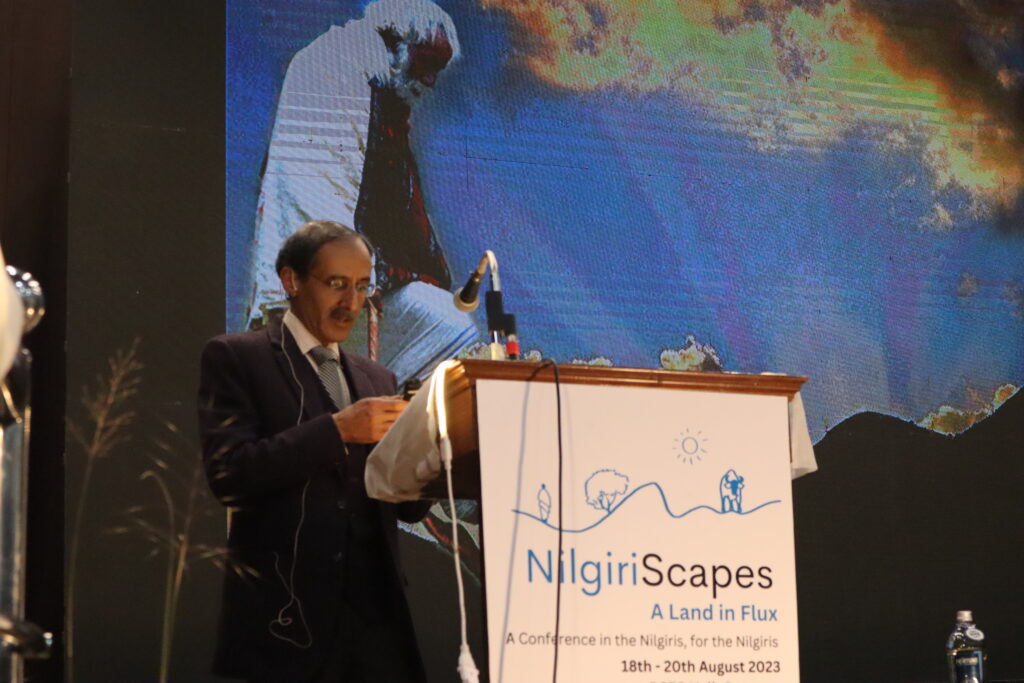
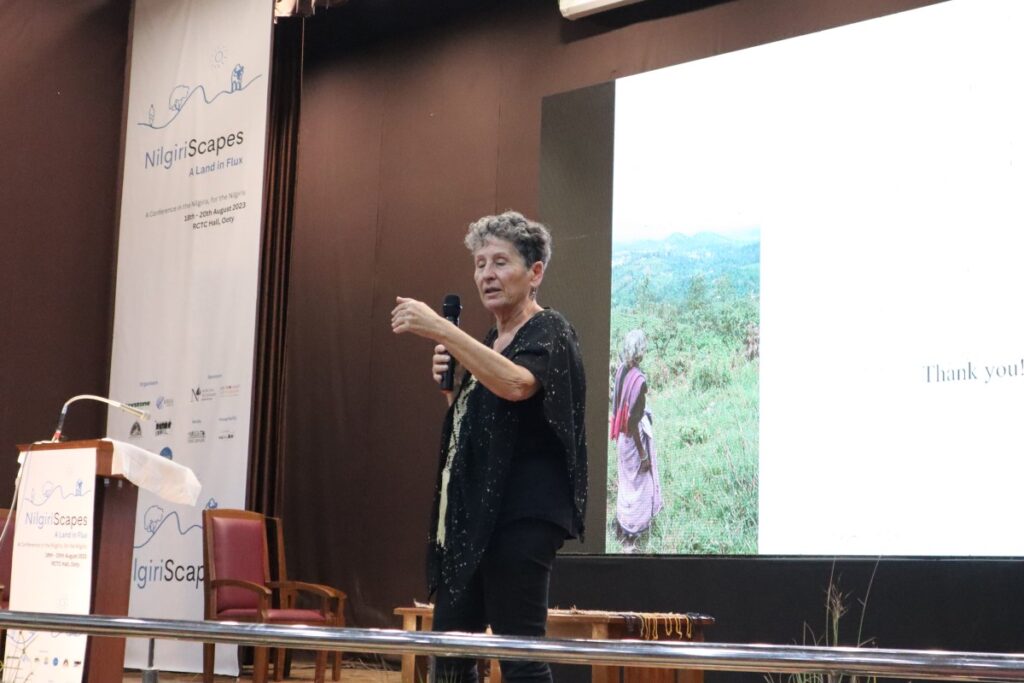
Following the talks, participants spent some time browsing the exhibition put together by the People and Nature Collectives team, and then broke for lunch. The exhibition space explored various ‘scapes’ of the Nilgiris, from the eastern slopes to challenges of waste management, how urbanisation and human-wildlife interactions have shaped the hills and peoples’ interactions with them over the years.
After lunch, a panel discussion on sustainability and policy was held, with our Founder-Director Pratim Roy, past president of UPASI (United Planters’ Association of Southern India) Sanjay Cherian and professor at Centre for the Study of Regional Development, JNU, Shrawan Acharya. Keystone followed with a presentation on 30 years of our work in the Nilgiris, by Isabel Tadmiri (Oberlin Shansi fellow with Last Forest), Habeeba Fathima (Biodiversity) and Divya Kilikar (Communications).
The day ended with a talk by Nurit Bird David, an anthropologist who spoke about her work with the Kattunayaka community in the 1970s, the concept of ‘modernity’ and community perspectives on resource use, housing, culture and more.
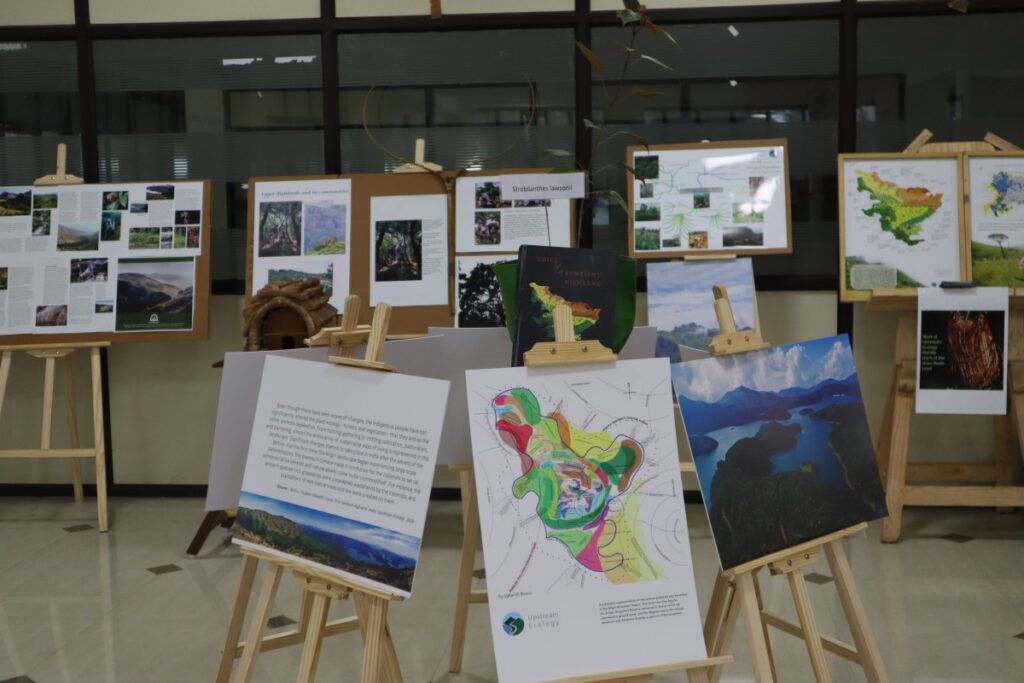
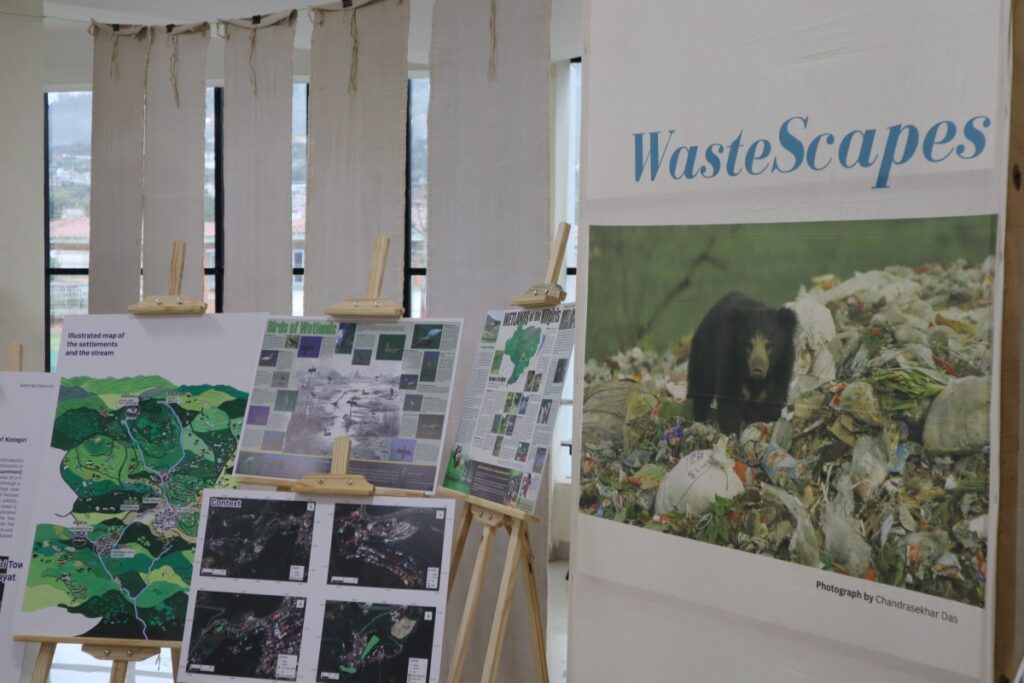
Day 2 began with a talk by Dr. Kavita Philip, who spoke about when Europeans first arrived in the hills, and their interactions with the landscapes during the early days. Several presenters spoke about their work across various themes: archaeologist Dr. Sharada Srinivasan, ornithologist Robin Vijayan, ecologist Amrutha Rajan and educational researcher Aivinor Ams. Two panel discussions ensued in the afternoon, on economic drivers, and an informal group called the Citizens of the Nilgiris. The day ended with a talk by Thiru Palanivel Thiaga Rajan, the Minister for I.T & Digital Services of Tamil Nadu.
Day 3 witnessed two final talks, by Dr. Siddhartha Krishnan and Ramachandra Guha. Dr. Krishnan, an environmental sociologist and senior faculty at ATREE, spoke of peace and war in times of ecological and economic changes in the hills. Guha spoke about his ties to the Nilgiris, and explored the history of the landscape. The conference ended with a summary and takeaways from the participants, who shared their learnings from the three days and their hopes and suggestions for future editions of the conference.
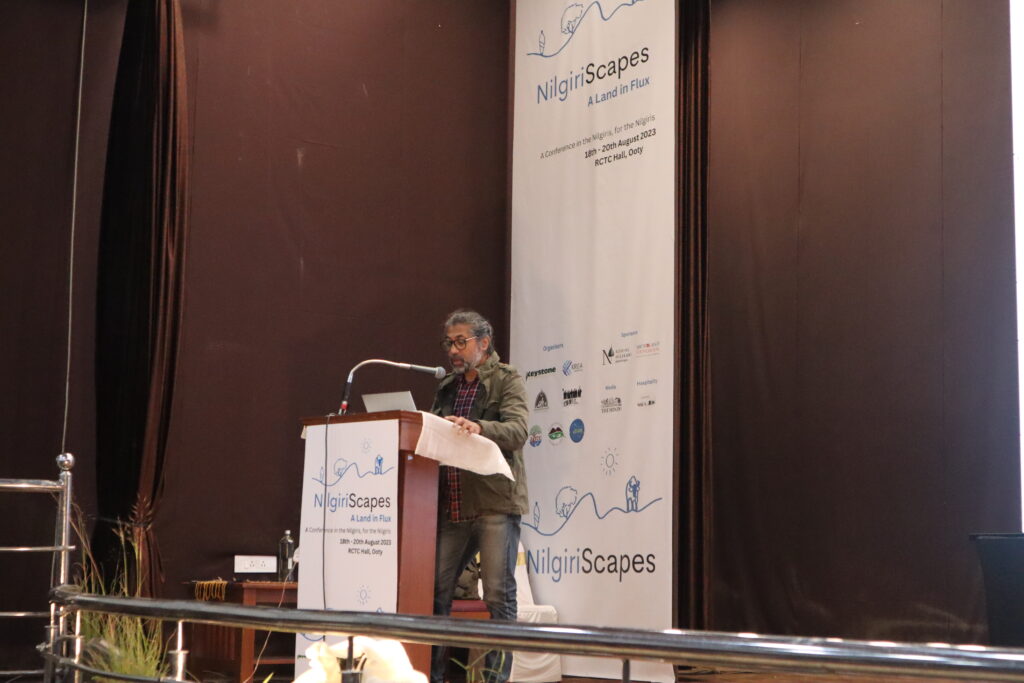
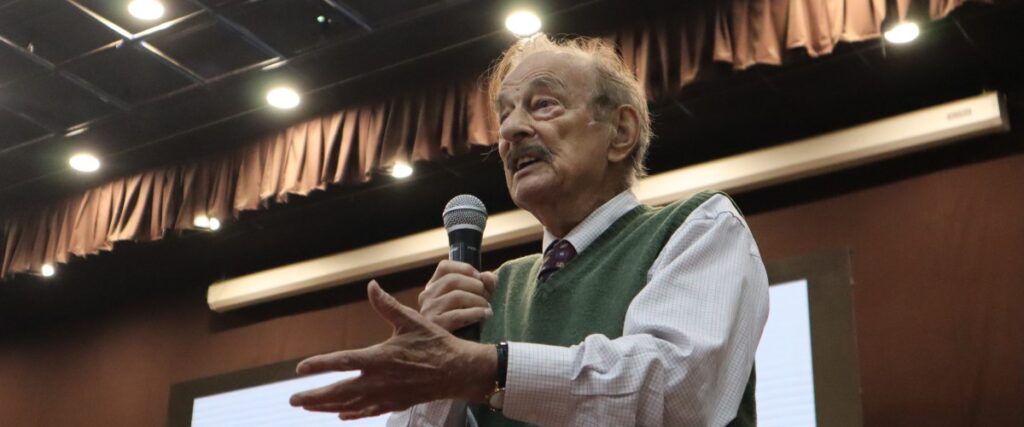
While 330 people registered for the conference, about 150 people were able to attend in person. The NilgiriScapes organisation committee will be uploading recordings of all the talks on the conference website, along with a gallery of images from the day. Stay tuned!

